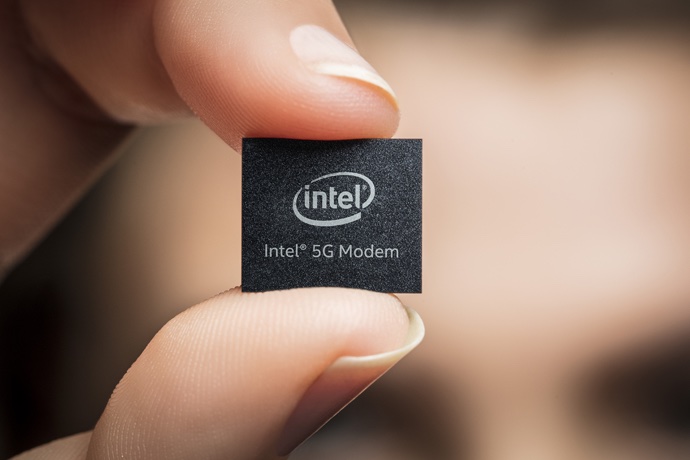After months of conjecture and speculation, the saga surrounding Intel's mobile data chip division is finally over. Apple released an official statement last night announcing that it had reached an agreement with Intel and purchased a majority stake.
It could be interest you

With this acquisition, approximately 2 original employees will transfer to Apple, and Apple will also take over all related IP, equipment, production tools and premises that Intel uses for development and production. Both their own (now Apple's) and those that Intel was renting. The price of the acquisition is around one billion dollars. After Beats, it is the second most expensive acquisition in Apple's history.
Apple currently has more than 17 patents related to wireless technologies. Most of them passed from Intel ownership. According to the official statement, Intel is not stopping the production of modems, it will focus only on the segment of computers and IoT. However, it is completely withdrawing from the mobile market.
Apple's vice president of hardware technology, Johny Srouji, is full of enthusiasm about the newly acquired employees, the technology and in general the possibilities that Apple has acquired.
We have worked closely with Intel for several years and know that its team shared the same enthusiasm for developing new technologies as the people at Apple. We at Apple are thrilled that these people are now part of our team and will help us in our efforts to develop and produce our projects.
This acquisition will significantly help Apple in their forward progress in the development of mobile modems. This will come in handy especially with regard to the next generation of iPhones, which should receive a 5G compatible modem. By then, Apple probably won't have time to come with its own 5G modem, but it should be by 2021. Once Apple develops its own modem, it will have to break away from its dependence on current supplier Qualcomm.

"Once Apple develops its own modem, it will have to break its dependence on current supplier Qualcomm." or "Once Apple develops its own modem, it will be able to break its dependence on current supplier Qualcomm."?